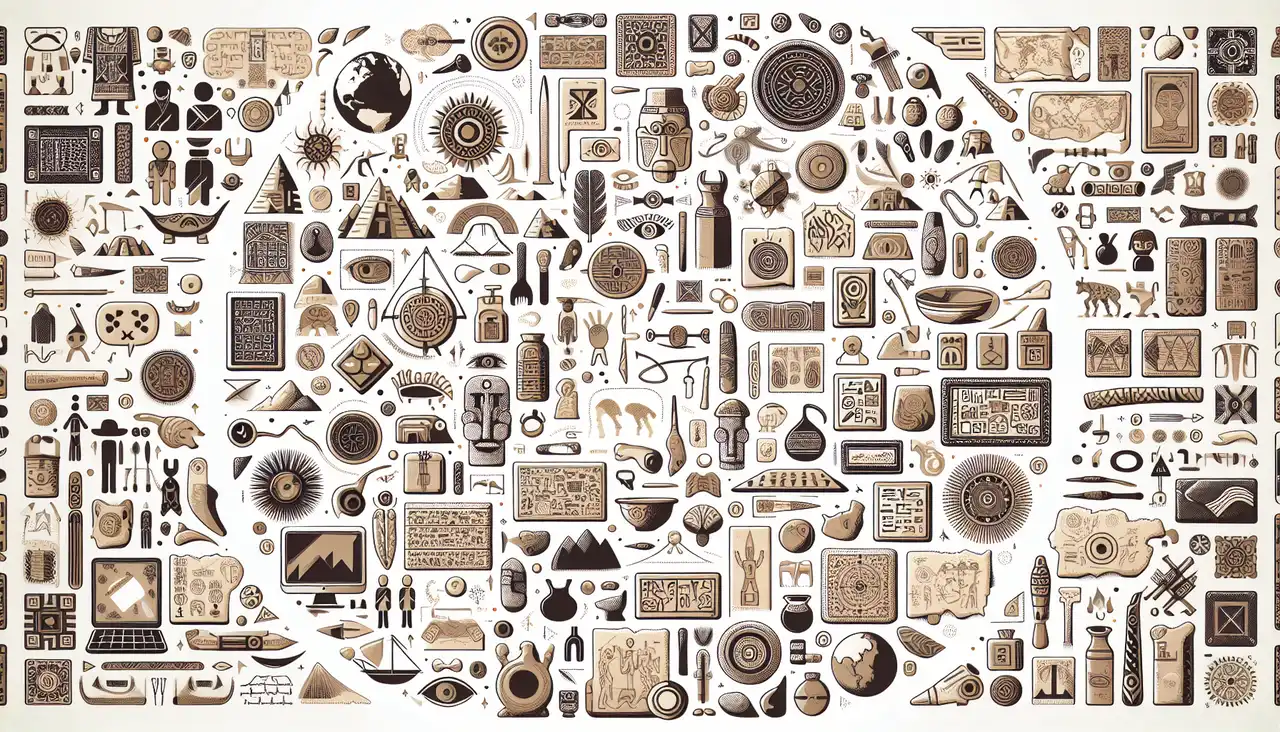

Lita Sacks
An authority in the field of biological anthropology, Lita Sacks serves as a Clinical Assistant Professor at the University of Illinois Chicago. With a PhD earned in 2019, her academic journey has been marked by a deep dive into prehistoric health, diet, and mortuary practices. Her research is particularly focused on the ethical dimensions of NAGPRA compliance and the identification of syndromic individuals within prehistoric populations. Sacks's work is pivotal in understanding how ancient societies managed health and mortality, providing insights that bridge the past with contemporary bioethical discussions. Sacks's teaching philosophy is rooted in a multidisciplinary approach, highlighting the intersection of biological anthropology with both social and natural sciences. She is a proponent of innovative educational strategies, such as "Ungrading," which aims to cultivate intrinsic motivation among students. This method encourages learners to engage deeply with the material, fostering a more profound understanding and appreciation of the subject matter. Her involvement in professional organizations underscores her commitment to the field, where she actively contributes to ongoing discussions and developments. Sacks has made significant contributions through her publications, which include research on NAGPRA consolidation and the diagnosis of syndromic individuals in prehistoric Illinois. These works not only enhance academic discourse but also serve as valuable resources for practitioners and scholars alike. Sacks's research interests are diverse yet interconnected, encompassing diet, prehistoric health, and mortuary practices. Her work on syndromic individuals in prehistoric populations is particularly noteworthy, as it sheds light on the complexities of ancient health conditions and their societal implications. Her dedication to bioethics ensures that her research is conducted with the utmost respect for the communities and histories she studies. In addition to her academic and research pursuits, Sacks is deeply committed to fostering a collaborative and inclusive learning environment. Her approach to teaching and research reflects a broader commitment to understanding and respecting the diverse narratives that shape human history. Through her work, Sacks continues to inspire students and colleagues, contributing to a richer understanding of our shared past and its relevance to contemporary issues.